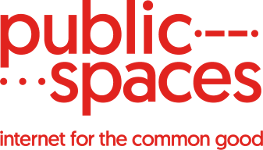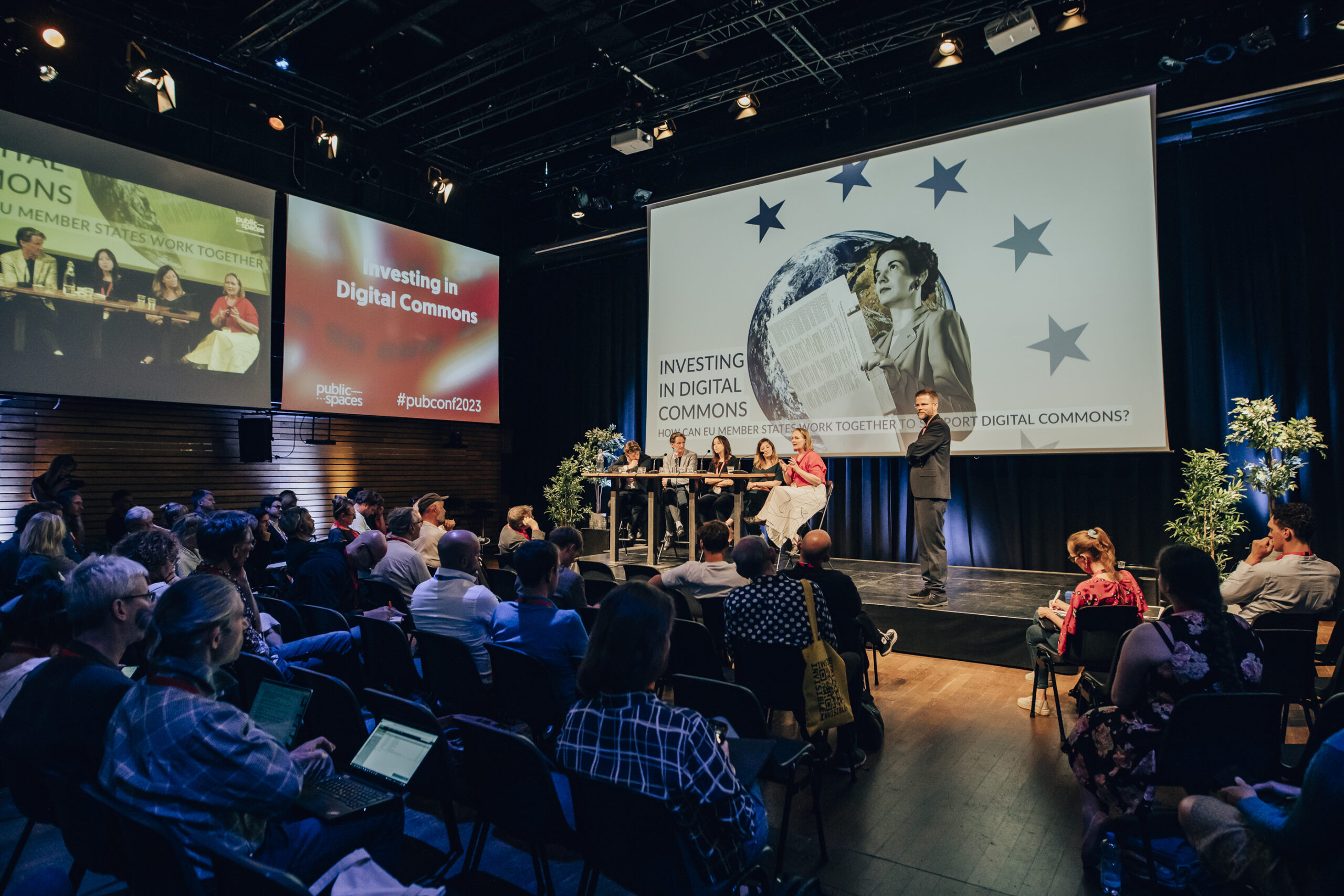This session is in English 🇬🇧
Creating a network of networks
A lot of work is needed to create digital spaces that are truly public, and that respect our human rights and public values. At the samen time many initiatives already exist that form a part of what we need. So how do we connect? How do we bridge those with a need for digital public spaces with those who develop part of the solution? Several networks do great work that is needed, such as the Redecentralize network, MyData, Mozilla. The need among governments, public organisations and cultural organisations is also increasingly clear. Funding is being dedicated towards making this all possible. But how do we create a ‘network of networks’ where people are able to find their complement and find what they need? How do we evaluate what is relevant and what isn’t? What are the best ways of working together and building on each other's work? A panel discussion with representation of different networks exchange their ideas and suggestions to collaborate.
Moderator
Sander van der Waal (Waag)
Speakers
- André Wilkens (Director of the European Cultural Foundation)
- Solana Larsen (Mozilla Foundation)
- Ian Forrester (BBC R&D)
- Katryna Dow (MyData Board member and founder of Meeco)
- Gerben (Redecentralize)
Show notes
(from the session and chat)
- Cultural Foundation
- Internet Health Report
- Giswatch
- Redecentralize.org
- MyData
- Data Sovergeinty Now
- Cultural Foundation – programmatic work on European public space
- Mozfest
- Internet Health Report – who babysits our childrens data
- mIKs-it
- Mozilla Foundation – assessments of digitally connected toys
- Redecentralize ecosystem map
- Redecentralize – redigest
Recap
How do we create and use digital spaces that are public/open/democratic/sustainable?
André Wilkens (runs European Cultural foundation). What is the role of the digital media to create a European public space? Digital space makes it easier to bring people together, a sense of belonging.
Solana Larsen. Internet health report of the Mozilla Foundation. Foundation wants to make the internet healthier. Healthy internet doesn’t mean the same for everyone. Focus: data and artificial intelligence and how these can be made ethical. Tasks: Research, funding new initiatives, support policies and technology, really tech consumers to take action.
Ian Forrester (R&D). We are using the internet as a broadcast would use the internet. We are missing out on what our public mission included. How you educate the public, not how you entertain them. Understanding what other opportunitie there are to fulfill our public purposes using the internet. Doesn’t mean more broadcast in my opinion. Main question: How can you fulfill the public mission on the internet?
Katryna Dow (MyData). Als invovled in Meeco: Give individuals and organizations the power to collect and protect and exchange data in a way that builds trust and transparency and ultimately leads to better outcomes. Grew from manifesto to organization with international network.
Data sovereignty now: bring a collective of organizations together to help policy makers understand the value that could be created in the EU context of data sovereignty.
MyData, Meeco and Data Sovereignty Now are connected, with different point of views.
How can a tool be better, how can that be leveraged in a community, how can we be involved in a standard, how can that standard contribute to interoperability, how touches that portability?
Gerben (redecentralize.org). Lots of internet values, but one aspect that connects with all these things: wether you have one party that controls everything and makes the decisions, or is there a decentralized system with different parties? We want to promote the last option.
We want people and projects that work on this decentralization to meet each other.
André. What is the purpose of a public space? Important to bring people together with different points of views and working backgrounds. As a foundation can we kick start certain ideas, we can scale things, convene. But there are things we can’t do, we need people from the technology sector and the public sector. This needs a bigger group than the technology sector.
Ian: I feel like MyData already solved so many problems. Same goes for the Internet Health Report.
Solana: Challenge of Mozilla: to combine many different perspectives and ideas.
Lot of focus on what goes wrong, but there should also be more focus on what works, to move forward.
Evenement tijdschema's (1)
Track 2
-
🇬🇧


Geef een reactie